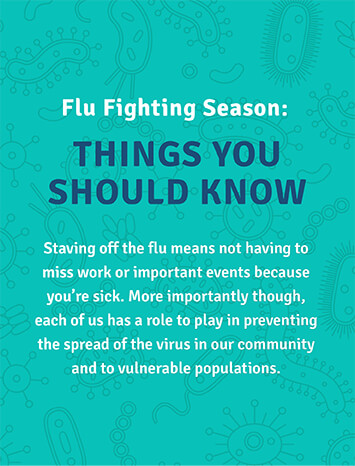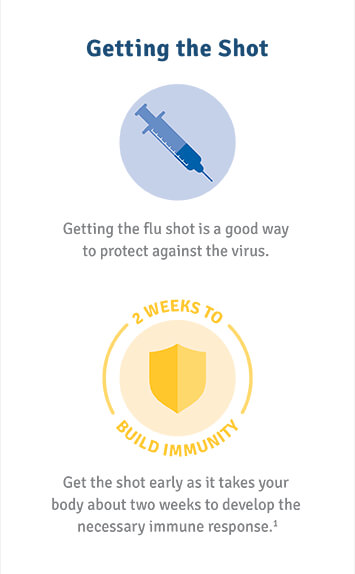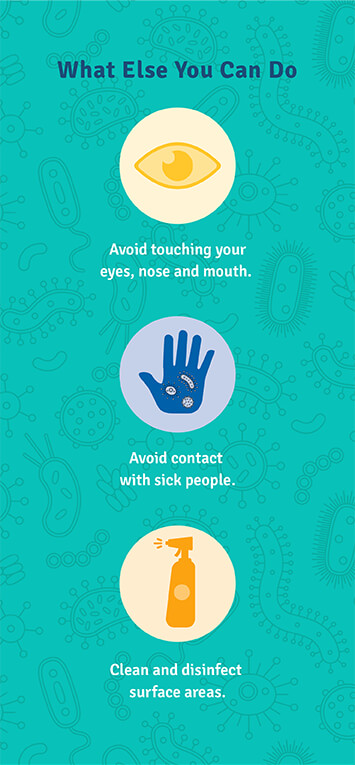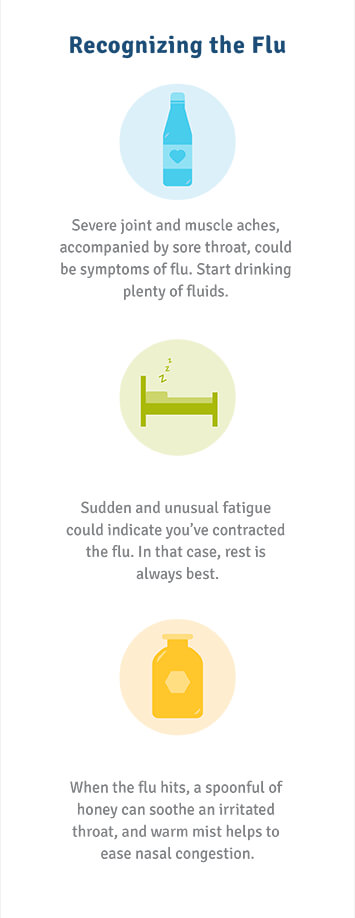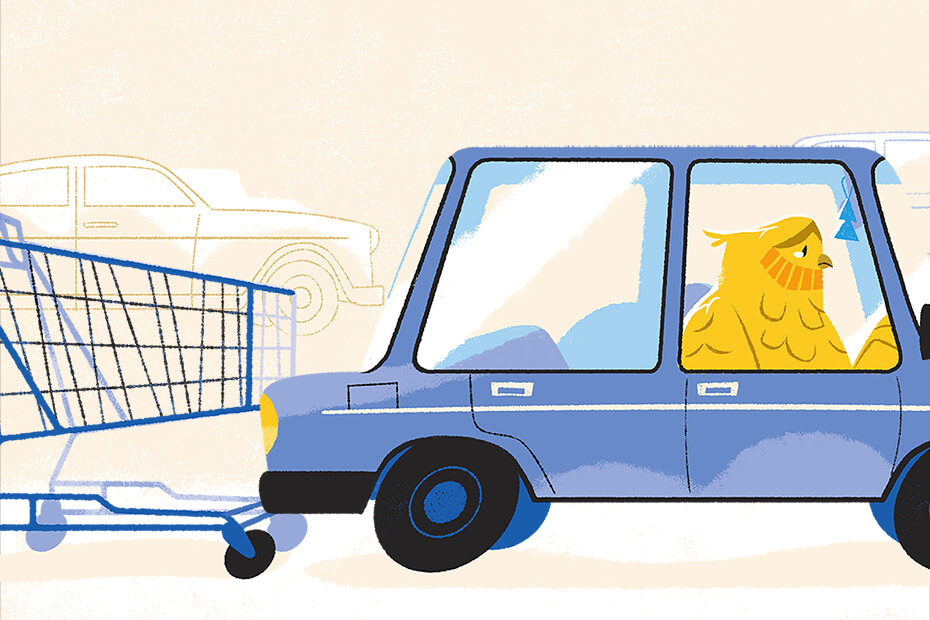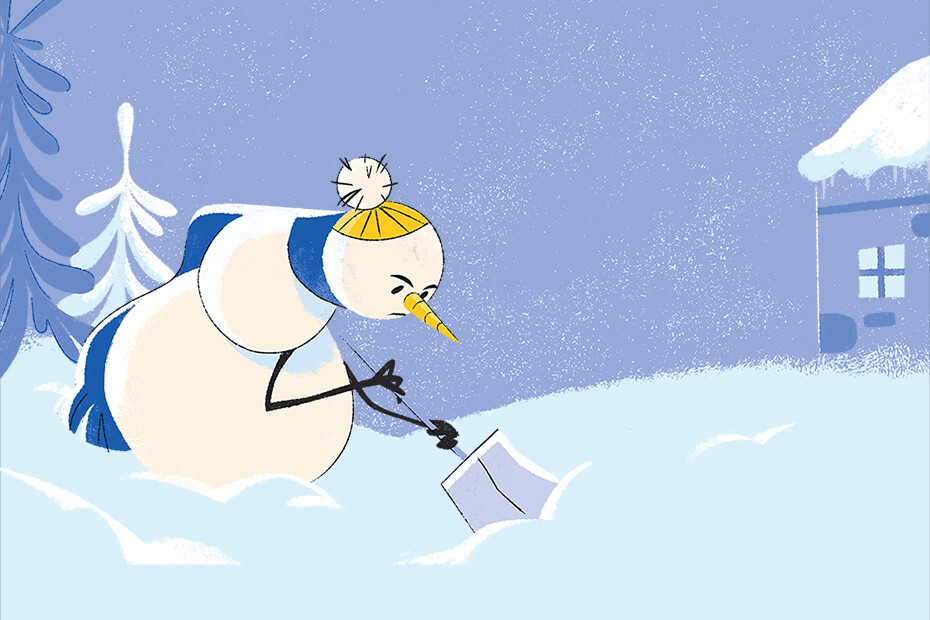Here are helpful tips to try to avoid getting the flu, and what to do if you do get sick this flu season.
Flu Fighting Season: Things you should know
Staving off the flu means not having to miss work or important events because you’re sick. More importantly though, each of us has a role to play in preventing the spread of the virus in our community and to vulnerable populations
Avoiding the Virus
Wash your hands with soap and water, many times throughout the day.
Keep your immune system strong by sleeping well, exercising regularly and eating nutritious foods.
Getting the shot
Getting the flu shot is a good way to protect against the virus.
Get the shot early as it takes your body about two weeks to develop the necessary immune response.
Recognizing the Flu
Severe joint and muscle aches, accompanied by sore throat, could be symptoms of flu. Start drinking plenty of fluids.
Sudden and unusual fatigue could indicate you’ve contracted the flu. In that case, rest is always best.
When the flu hits, a spoonful of honey can soothe an irritated throat, and warm mist helps to ease nasal congestion.
What Else You Can Do
• Avoid touching your eyes, nose and mouth.
• Avoid contact with sick people.
• Clean and disinfect surface areas.
If You Do Get Sick
Stay home! You are most contagious in the first 3-4 days after your illness begins, so for the sake of those around you, it’s important to stay home. Rest and plenty of fluids should be all you need, but if you experience difficulty breathing, chest pains, sudden dizziness, severe vomiting or confusion, make sure to visit the doctor.
For most of us, the flu means a bad few days of recovery, but for many, it can be very serious. For everyone’s benefit, it’s important to take the right precautions to stay healthy this flu season.
RBC Disability Insurance
Help ensure your expenses are covered if you get sick or injured
*Home and auto insurance products are distributed by RBC Insurance Agency Ltd. and underwritten by Aviva General Insurance Company. In Quebec, RBC Insurance Agency Ltd. Is registered as a damage insurance agency. As a result of government-run auto insurance plans, auto insurance is not available through RBC Insurance in Manitoba, Saskatchewan and British Columbia.
This article is intended as general information only and is not to be relied upon as constituting legal, financial or other professional advice. A professional advisor should be consulted regarding your specific situation. Information presented is believed to be factual and up-to-date but we do not guarantee its accuracy and it should not be regarded as a complete analysis of the subjects discussed. All expressions of opinion reflect the judgment of the authors as of the date of publication and are subject to change. No endorsement of any third parties or their advice, opinions, information, products or services is expressly given or implied by Royal Bank of Canada or any of its affiliates.
Share This Article
Read This Next





